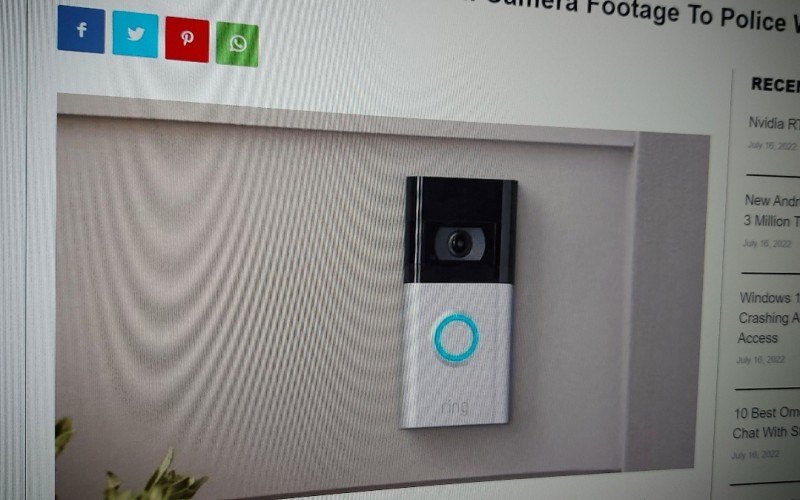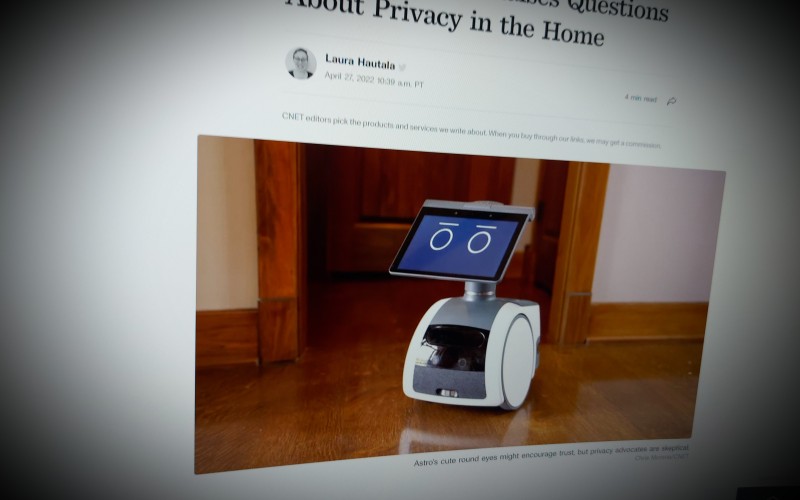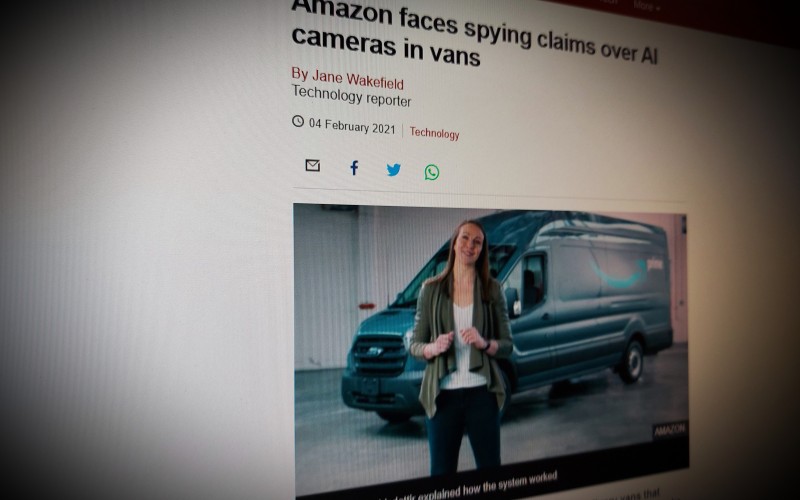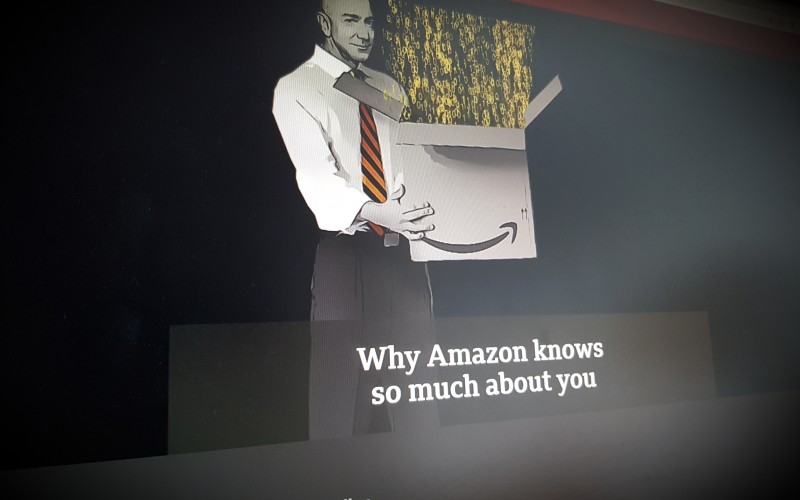Amazon has started delaying user reviews posted to its video-streaming service by up to three days to tackle fake ratings.
The move is an effort to tackle a spree of “review bombings” driven, in part, by an “anti-woke” backlash to the diverse casting in the company’s Lord of the Rings prequel series, The Rings of Power, which features non-white actors cast as elves and dwarfs.






Comments
make a comment